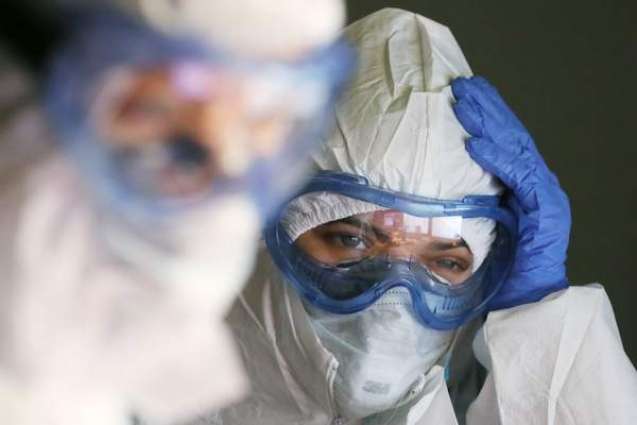While a widely available corticosteroid medication, dexamethasone, is used in Russia to treat COVID-19 patients, it cannot be called a panacea, Sergei Avdeyev, chief pulmonologist of the Russian Health Ministry, told Sputnik on Wednesday
MOSCOW (Pakistan Point News / Sputnik - 17th June, 2020) While a widely available corticosteroid medication, dexamethasone, is used in Russia to treat COVID-19 patients, it cannot be called a panacea, Sergei Avdeyev, chief pulmonologist of the Russian Health Ministry, told Sputnik on Wednesday.
World Health Organization's (WHO) Director-General Tedros Adhanom Ghebreyesus said on Tuesday that dexamethasone was effective in treating critically ill COVID-19 patients. According to the research conducted by the University of Oxford, the drug was proven to reduce the risk of death among COVID-19 patients receiving lung ventilation treatment by 35 percent and patients on oxygen by 20 percent. The United Kingdom has approved the use of dexamethasone in treating COVID-19 and said that it was the first drug that could cure the disease.
"The drug is widely used in Russia. But unfortunately, dexamethasone is not a panacea, it can only help in some cases," Avdeyev said.
The chief pulmonologist noted that dexamethasone was an anti-inflammatory drug reducing any type of inflammation including in the lungs and has been widely used for the past several decades.
"The drug does have an anti-inflammatory effect in some COVID-19 patients who have severe inflammation. The latest version of the guidance on coronavirus infection prevention and diagnosis includes glucocorticosteroids and dexamethasone. It is already being used in many clinics across Russia," Avdeyev added.
According to the UK scientists' estimates, the treatment can save one person of some eight ventilated patients or of around 25 among those on oxygen. Dexamethasone has no benefit for those who do not require any respiratory support.




